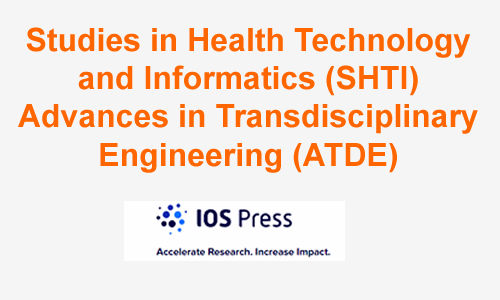

2733 views||Release time: Aug 20, 2025
The SCOPUS database is a cornerstone for academic research, offering access to over 92 million records across peer-reviewed journals, conference papers, and books. To maximize its potential, researchers need to leverage its advanced search features and strategic query construction. Below is a comprehensive guide to navigating SCOPUS effectively.

Begin with SCOPUS’s intuitive homepage search bar. Enter keywords related to your topic, such as:
SCOPUS automatically searches across titles, abstracts, and keywords (title-abs-key). Use quotation marks for exact phrases:"machine learning algorithms" .
For broader results, combine synonyms with OR:(autism OR Asperger’s) AND children .
For complex queries, switch to Advanced Search to use field codes, Boolean operators, and proximity operators:
(climate change) AND (renewable energy)(COVID-19 OR SARS-CoV-2) AND vaccine(cancer treatment) AND NOT chemotherapy .n words, order irrelevant:(heart W/5 attack)n words, maintaining order:(behavioral PRE/3 disturbances) .Example:title-abs-key( (bay PRE/6 ship*) OR channel OR fish ) .
Target specific document sections using codes like:
TITLE-ABS-KEY(algorithm)AUTHOR-NAME(Zhang, Y.)AFFIL(University of Oxford) .Full list of field codes: SCOPUS Help Center .
Use SCOPUS’s left-hand filters to narrow results by:
For example, filter 2020–2025 publications in Computer Science with Open Access status .
Avoid confusion with authors sharing similar names by using the Author ID system. Each author is assigned a unique number, grouping all their publications. For example:
AUTHOR-ID(123456789) to retrieve all works by a specific researcher .Monitor how your work or other studies are cited:
While SCOPUS provides abstracts, full-text access depends on your institution’s subscriptions. Use these methods:
(solar panels) AND (efficiency) AND (thin-film technology)(obesity) AND NOT (childhood)(diabetes OR hyperglycaemia) AND (treatment)*) for word variations: educat* = education, educator, educating .Effectively searching SCOPUS requires a combination of strategic query construction, advanced operators, and systematic refinement. By mastering Boolean logic, field codes, and citation tracking, researchers can streamline their literature reviews and stay ahead of emerging trends. Start with simple queries, gradually incorporate advanced features, and leverage SCOPUS’s tools to enhance your academic output.
For detailed tutorials, visit the SCOPUS Help Center.